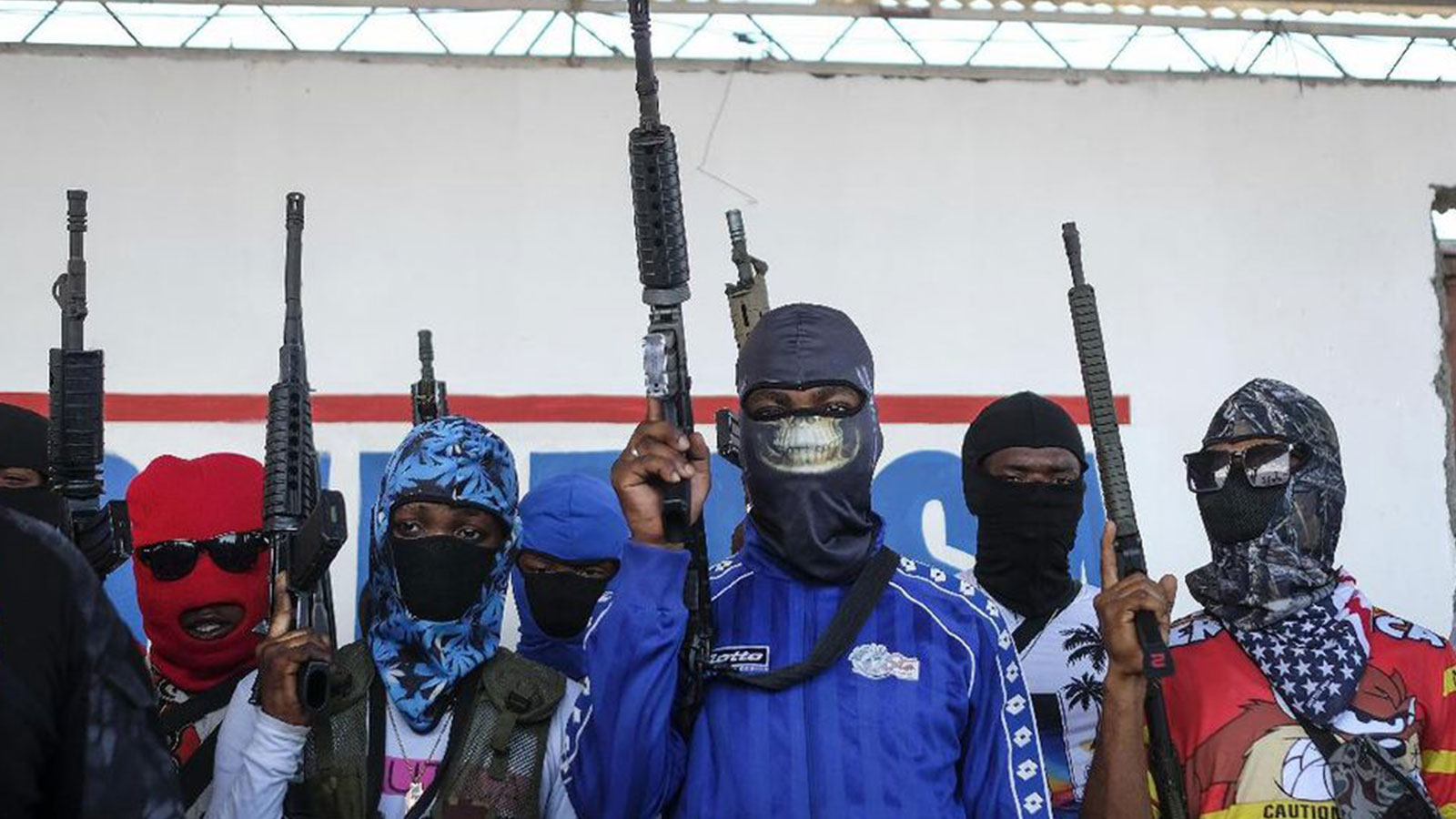Haiti is currently facing a surge in gang violence, reaching record levels just as a multinational force prepares for deployment to restore peace and stability in the troubled nation.
The United Nations Security Council sounded the alarm on this distressing trend on Monday, October 23, while urgently advocating for the swift deployment of foreign police officers to the Caribbean country.
María Isabel Salvador, Special Representative of the Secretary-General and Head of the United Nations Integrated Office in Haiti (BINUH), highlighted the exacerbating impact of the Vigilante Group called Bwa Kale, approved between April 24 and September 30. Reports suggest that Bwa Kale emerged after residents in the capital, Port-au-Prince, took matters into their own hands, assaulting and lynching suspected gang members. With more than 160 alleged criminals killed in recent months, local human rights organizations cautioned that retaliatory actions from the gangs were imminent.
"The security situation on the ground continues to deteriorate as growing gang violence plunges the lives of the people of Haiti into disarray, and major crimes are rising sharply to new record highs," warned María Isabel Salvador.
Salvador emphasized that engaging all political stakeholders in Haiti and initiating a dialogue would be the most effective approach to facilitate an inclusive and credible election and restore the rule of law.
Ghadha Fathi Waly, the executive director of the United Nations Office on Drugs and Crime (UNODC), added that gangs had seized control of crucial infrastructure in Haiti while inflicting violence upon citizens. She noted that traffickers were taking advantage of the limited capabilities, equipment, and infrastructure of the Haitian security sector for border and maritime control and surveillance, with sea and land routes serving as primary smuggling routes.
The violence in Haiti has led to the displacement of nearly 200,000 people, spreading beyond the capital, Port-au-Prince, to other regions.
In response, the UNSC recommended imposing sanctions against gang leaders as a precursor to the country's upcoming elections and to create a conducive environment for a national dialogue.
Haiti is preparing to hold national elections on an as-yet-unannounced date. In the meantime, the United Nations Security Council, on October 2, sanctioned a multinational force deployment to Haiti, led by 1,000 Kenyan police officers.
President William Ruto, while acknowledging the resolution, praised the Security Council for its efforts and expressed gratitude to the United States and Ecuador for their collaborative and focused work, which he believes is crucial for restoring democracy and order in Haiti.

